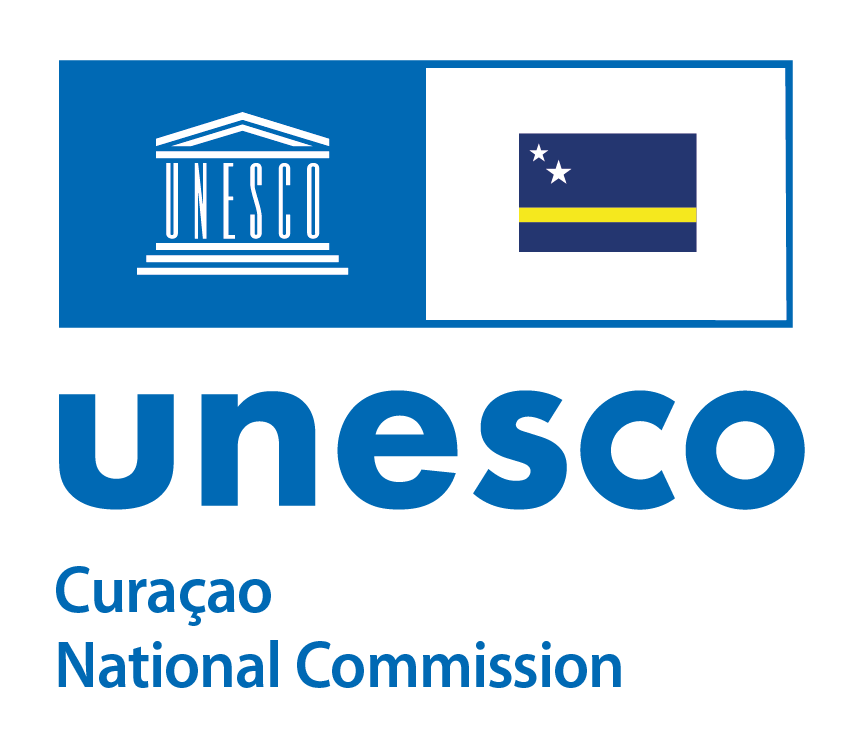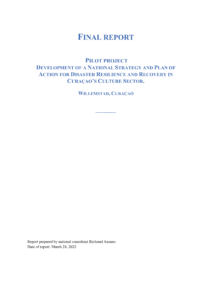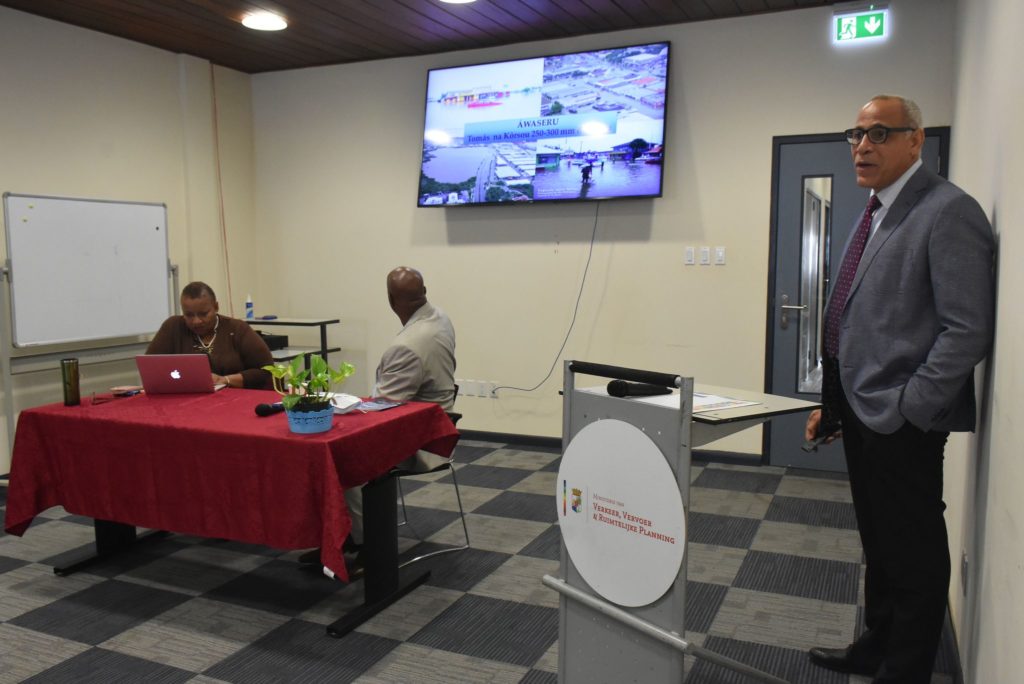
Regular Programme
UNESCO’s regular programme budget is voted and provided by the Member States through their fixed contributions. Voluntary contributions to support UNESCO programmes and activities from Member States, multilateral and private sector sources currently make up over half the total budget. UNESCO’s programme is approved for two year periods with a major priority programme and main lines of action for each programme sector and also cross-cutting activities involving several sectors and field offices.
Project
Disaster Resilience and Recovery in Curaçao's Culture Sector
UNESCO and the Curaçao National Commission for UNESCO signed a Service Contract to support initiatives to build Resilience of Caribbean SIDS to Disasters and Climate Change through Enhancing the Culture Sector’s Disaster Preparedness for Effective Response.
A series of activities were held to engage the Culture sector in the elaboration of meaningful strategies which will assist the sector in becoming more resilient. The strategies are meant to be developed and undertaken with the context of a broad base of consultations and in partnership with the relevant national disaster management agency, as well as within a multi-stakeholder process.
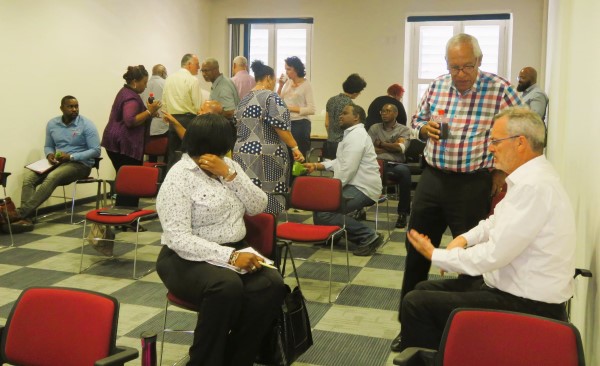
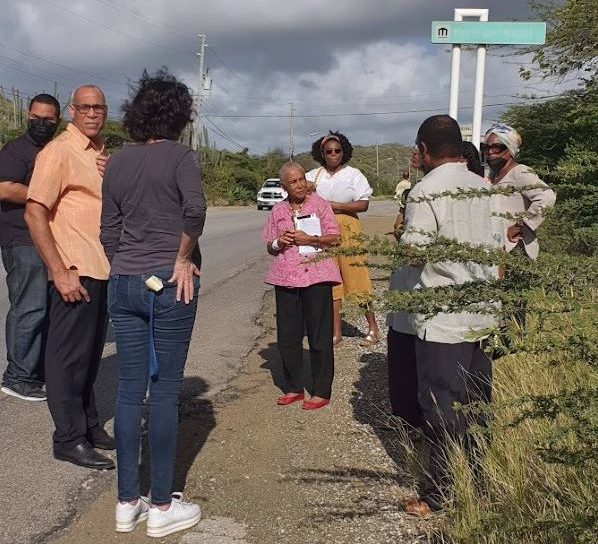
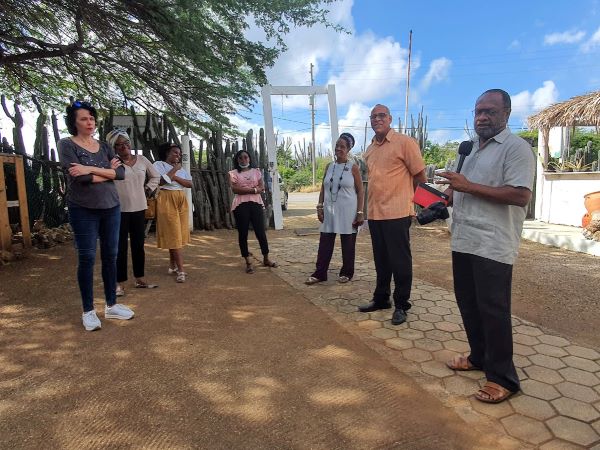

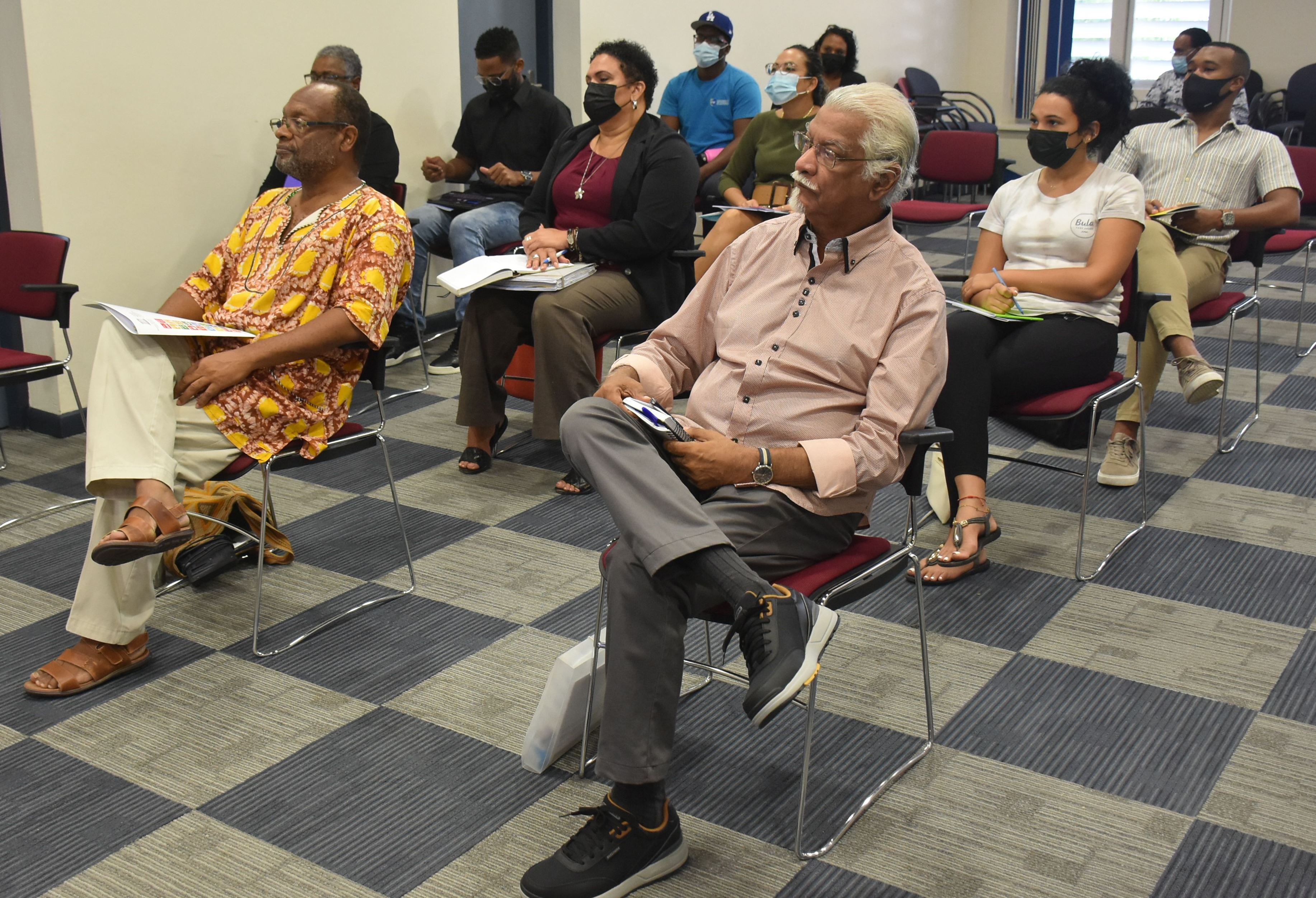






Background
Although the Caribbean culture sector emphasizes the deep connections which exist between its people and their natural and cultural environment, their traditional knowledge and creativity that foster social cohesion and play a significant role in development processes, it should be noted that the culture sector is not integrated into the disaster risk preparedness, response and management strategies and plans at the national level.
During the joint UNESCO-CEDEMA (Caribbean Disaster Emergency Management Agency) Sub-regional Workshop on Building Resilience in the Caribbean’s Culture Sector (11 – 12 March 2020), culture and disaster managers gathered and elaborated on the Guidelines for the Development of a National Strategy and Plan of Action for Disaster Resilience and Recovery in the Caribbean’s Culture Sector. This document is meant to provide meaningful guidance in the development of a national disaster risk management plan for each country’s Culture sector, and to engage the Culture sector in the elaboration of meaningful strategies which will assist the sector in becoming more resilient.
The strategies are meant to be developed and undertaken with the context of a broad base of consultations and in partnership with the relevant national disaster management agency in certain countries, as well as within a multi stakeholder process. At all times, this Guidance document should be reviewed within the context of existing national, regional, and international resources for culture and disaster risk management.
Following the UNESCO-CDEMA March 2020 workshop, pilot initiatives were foreseen in specific countries which will promote the development of synergies between culture and disaster at the national level, resulting in the development of key actions for each component of the culture sector. These pilot initiatives were proposed by the UNESCO Caribbean Field Office to take place in Antigua and Barbuda, Barbados, Curaçao and Jamaica and to encourage culture and disaster actors ta better integrate their work plans, build a network of technical persons, develop necessary strategies and action plans to ensure that the culture sector fully integrates disaster management in its planning and collaborate and cooperate moving forward.
UNESCO has undertaken extensive work on disaster risk management and heritage, recognizing that heritage – and in particular World Heritage properties – are exposed to the impacts of natural hazards, which threaten their integrity. These impacts are far-reaching, as there is damage to the fabric of the site, its social value, as well as socio-economic impacts to the local communities who benefit from the site. At present, the Management Plans of many of these properties are no longer valid or lack sufficient information concerning disaster risk management (DRM) and climate change. Various properties have tried to include DRM as a component (particularly the case for cultural properties).
This project proposed working with countries to develop (or update where relevant) disaster risk management components of Management Plans, which build on the five objectives identified in the Strategy for Reducing Risks from Disasters at World Heritage Properties. These are: strengthen support within relevant global, regional, national and local institutions for reducing risks at World Heritage (WH) properties; use knowledge, innovation, and education to build a culture of disaster prevention at World Heritage properties; identify, assess and monitor disaster risks at World Heritage properties; reduce underlying risk factors at World Heritage properties; strengthen disaster preparedness at World Heritage properties for effective response at all levels.
